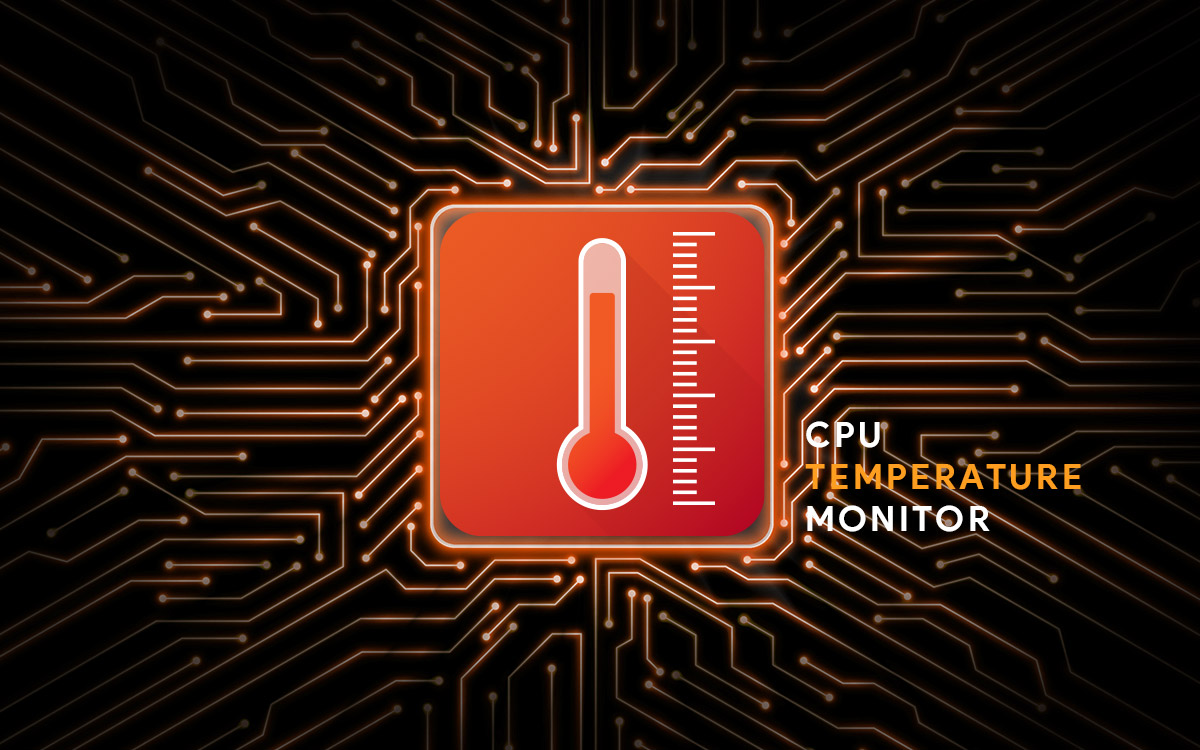We’re not even halfway through 2020, and already we know this will be the year everything changes. And not just because of the coronavirus. While it may seem as though mass lockdowns have forced everyone to hit a huge ‘Pause’ button, progress nevertheless continues. Many brilliant startups were already working remotely, and here’s how their products might change the future of technology as we know it.
Augmented Reality
Back in 2019, people thought that AR and VR were going to be the new hotness, and if anything their allure has only increased. Without the ability to travel or even go to the movies, consumers are craving unique experiences they can have in the safety of their own homes while maintaining social distance. And augmented reality, virtual reality, and mixed reality are here to answer that need. Companies like Oculus are producing affordable VR headsets, while experience design companies race to meet demand.
Telework
Once considered a perk, 2020 has proven that working from home is not only possible for many industries, but is almost assuredly the new future of work. And companies must adapt to this new trend, and quickly, or watch valuable skilled workers end up with their competitors. Fortunately, they don’t have to figure it out on their own. Many top-tier consulting practices, like Wavestone US, can assist businesses in every sector in adapting their strategy, policies, and procedures to the new demands of telework. Wavestone US maintains a global perspective based on positive impacts, making them an attractive option from the perspective of socially responsible business practices.
And Wavestone US isn’t the only company focusing on telework. Once you’ve successfully transitioned your business to accommodate current needs, you can draw on tools like Zoom or Microsoft Teams to keep your workers in sync efficiently.
Autonomous Objects
With people continuing to keep their distance from each other, the need for machines to perform jobs previously done by humans has only increased. Rather than risk the health of their human workers, companies can program robots to, say, pull items off warehouse or grocery store shelves, and even deliver them in self-driving cars or by a piloted drone. As profit margins grow ever-tighter, business owners are on the lookout for reliable machines to perform jobs too risky for humans. Companies like Amazon and Tesla are on the forefront of this revolution, but smaller startups like Zipline or Flytrex are experimenting with contactless delivery.
Another popular tech trend poised to grow rapidly is the Internet of Things. As people spend more time at home (thanks to the increase in telework mentioned above), they’ll look to technology to provide them with convenience and comfort.
AI and Machine Learning
One thing we all learned in 2020 is the need for accurate, detailed data on how people travel and interact with each other. But analyzing all this data is beyond the capability of most people, and that’s where artificial intelligence (AI) and machine learning come in. These powerful programs can easily synthesize trillions of gigabytes of information, and then present it in formats easily understood by people.
Telecom is leading the charge on this front, with companies like Sprint, Verizon, and Huawei developing their own mobile device-based tracking analytic software. With the emergent public health needs, public-private partnerships between software engineers and state or federal health agencies are a foregone conclusion.
In summation: the disruptive tech for 2020 is unlikely to be a radical new idea, the way it’s been in the past. Instead, tech development in 2020 will be driven by the disruptive effects of the coronavirus, and the demands for businesses to adapt to this new reality. Long-term survival will depend on the ability of companies to quickly shift their operations and methodologies in the face of these changes.















